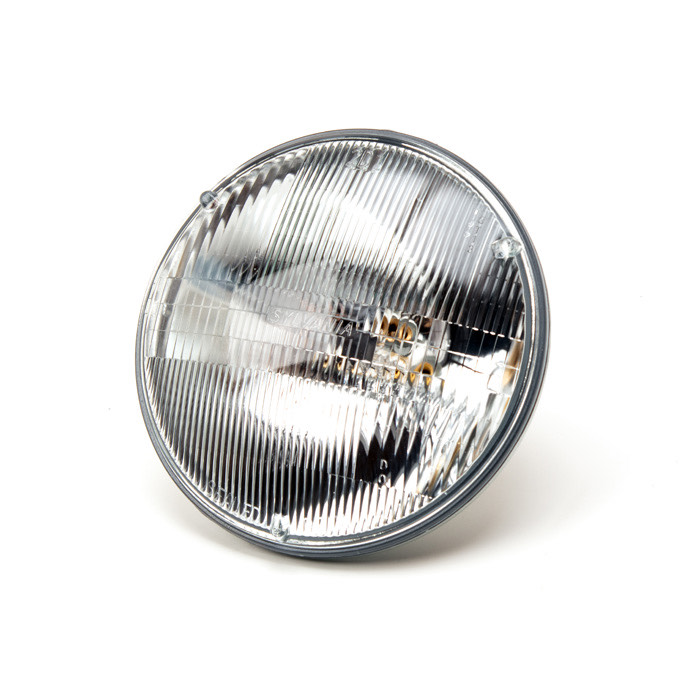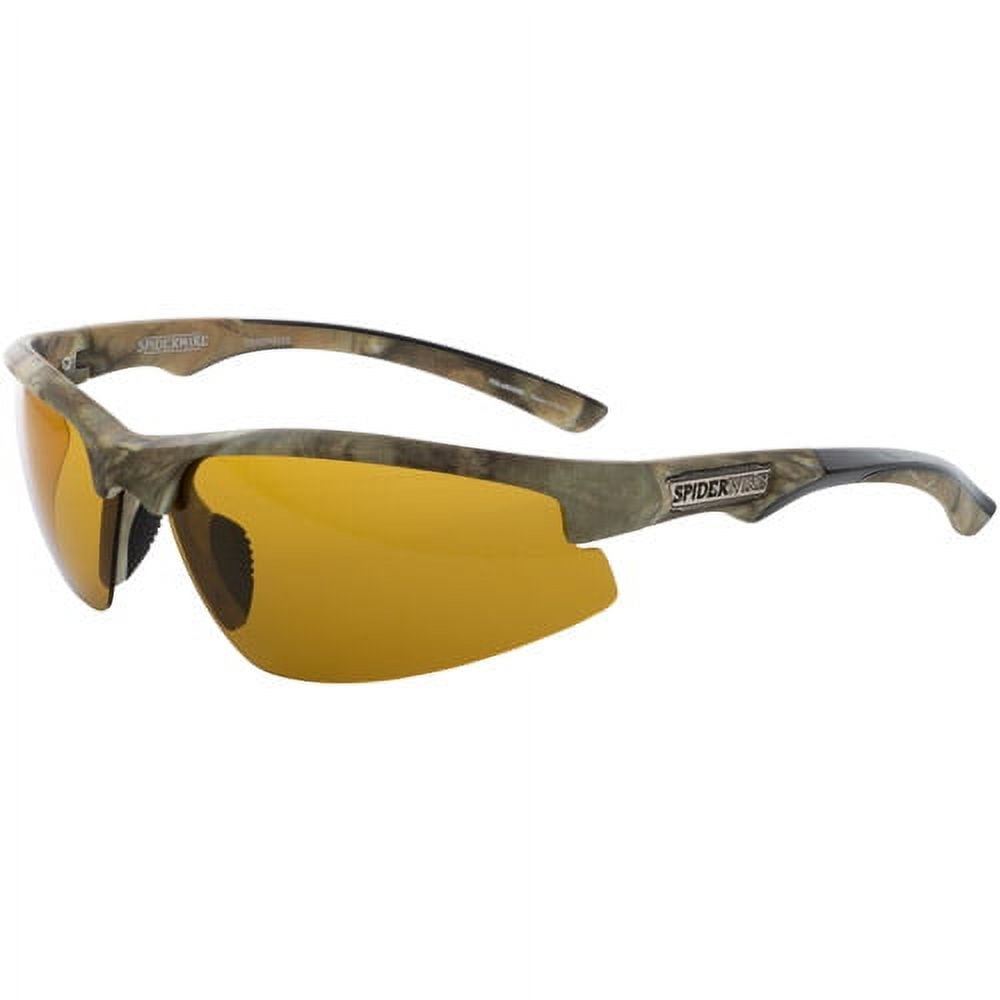I prefer driving at night, but the blue-ish light in modern headlights does interfere with my vision. I too find they have more or more obtrusive glare than halogen or even HID lights. To the point that you confuse their dipped beam with high bream at times.
You are using an out of date browser. It may not display this or other websites correctly.
You should upgrade or use an alternative browser.
You should upgrade or use an alternative browser.
Driving At Night
- Thread starter Passport1
- Start date
as long as you are not the oncoming car....
Or when it's wet...
The yellow tinted night time driving glasses work pretty good.
Yes I got some Shimano yellow tinted and polarised fishing glasses in case I need them.
Putting a hand up is how Pappy Boyington flew into the sun and was able to see the zero‘s diving down on him. I use the same method with fair results. No sense in sufferingas long as you are not the oncoming car....
The issue with LEDs is the sharp cutoff. Crest a hill and it goes from normal to wow in an instant. The halogen reflectors didn't do this.as long as you are not the oncoming car....
The older I get, the more it seems like they all have their brights on.I love driving at night, exept for when the oncoming traffic has their brights on. Freeways at night are amazing, no traffic, 3 empty lanes, streetlights that shine beyond your headlights, and you can cruise at 100. Everything else at night is annoying because no peripheral vision at stoplights and other places.
I try and avoid night driving. I had radial keratonomy vision correction surgery when I was about 35. It corrected my vision to 20/20 in one eye and 20/40 in the other but I had a side effect of the scar tissue causing oncoming headlights to look like what a star filter does on a camera lens. At age 68 I'm now dealing with age related vision issues as well.
I'm like Cujet, I find the brightness of dashboards and infotainment screens in modern cars to be distracting at night and not help with my night vision. I have the touchscreens in both cars configured so that I can shut them off very easily if desired. I live in the mountains and there are no streetlights in the residential areas nor on the State Highways. On cloudy or moonless nights it is as dark as a tomb on the roads and not only is there the danger of coyotes, deer and bobcats running across the road but debris like rocks in the road after a storm. So night driving can be hazardous.
The only comfort is that modern halogen or LED headlights are a heck of a lot better than the old sealed beam incandescent lights. My Mazda CX 5 has Adaptive Headlights that follow the turn of the steering wheel and they are awesome on the dark mountain roads, especially when the high beams are activated.
I'm like Cujet, I find the brightness of dashboards and infotainment screens in modern cars to be distracting at night and not help with my night vision. I have the touchscreens in both cars configured so that I can shut them off very easily if desired. I live in the mountains and there are no streetlights in the residential areas nor on the State Highways. On cloudy or moonless nights it is as dark as a tomb on the roads and not only is there the danger of coyotes, deer and bobcats running across the road but debris like rocks in the road after a storm. So night driving can be hazardous.
The only comfort is that modern halogen or LED headlights are a heck of a lot better than the old sealed beam incandescent lights. My Mazda CX 5 has Adaptive Headlights that follow the turn of the steering wheel and they are awesome on the dark mountain roads, especially when the high beams are activated.
The issue with LEDs is the sharp cutoff. Crest a hill and it goes from normal to wow in an instant. The halogen reflectors didn't do this.
There is no question that a proper set of 7 inch halogen headlights was probably the best blend of pleasant light to drive behind, and inoffensive to oncoming drivers.
Many people don't realize that the large reflector size had significant benefits.

Yes, I should have said modern OEM LED headlights. The aftermarket conversion kits to change standard headlights to LED are not so good and can be dangerous to other vehicles.as long as you are not the oncoming car....
And, even a good conversion must be carefully adjusted (aimed). Some cars dynamically adjust the headlights based on the angle of the vehicle and even the curvature of the road.
Not anymore, especially when freind of mine hit some big debris with his brand new golf at the highway. Nothing serious for him but it’s quite unpleasant to go change front tire and do alignment at the middle of the night.
Yes, modern cars with all bright illuminations in front of you, youngsters that are all racers, wet or icy road - not my beer. Just remember police officer stop me with the following question: “do you have gun arms under the seat?” I didn’t tell anything but he read at my face the surprise and tell me “ good evening, sir”, he was bored to dead. Remember again police officer stops me and hold me 1 hour to tell me about his family’s problems….wife, son etc.
Yes, modern cars with all bright illuminations in front of you, youngsters that are all racers, wet or icy road - not my beer. Just remember police officer stop me with the following question: “do you have gun arms under the seat?” I didn’t tell anything but he read at my face the surprise and tell me “ good evening, sir”, he was bored to dead. Remember again police officer stops me and hold me 1 hour to tell me about his family’s problems….wife, son etc.
After cataract surgery, my distant vision is around 20/30. To improve contrast and cut glare if I am facing headlights coming the other way, I like yellow tinted night glasses.
I have good distance vision 20/15. At 65 my eye check-ups are always good.
BUT I don't like driving at night any more. The glare on two lane roads is pretty nasty. As others have mentioned, I REALLY hate driving at night in the rain. Maybe it's 90% half mental but I just feel I don't operate at 110% safety.
BUT I don't like driving at night any more. The glare on two lane roads is pretty nasty. As others have mentioned, I REALLY hate driving at night in the rain. Maybe it's 90% half mental but I just feel I don't operate at 110% safety.
I have good distance vision 20/15. At 65 my eye check-ups are always good.
BUT I don't like driving at night any more. The glare on two lane roads is pretty nasty. As others have mentioned, I REALLY hate driving at night in the rain. Maybe it's 90% half mental but I just feel I don't operate at 110% safety.
20/15 is better that average normal human vision. It means you can see at 20 feet what a person with average eyesight can resolve sufficiently focused to be seen clearly at 15 feet. You see doom coming a little earlier than most.
The xx/xx metric refers to each eye and not combined vision. Binocular vision generally exceeds monocular vision not only in field of view but also in resolution thanks to the image processor between our ears.
Yeah that's my right eye. The left is 75W-90............wait.......weight...............20/15 is better that average normal human vision. It means you can see at 20 feet what a person with average eyesight can resolve sufficiently focused to be seen clearly at 15 feet. You see doom coming a little earlier than most.
The xx/xx metric refers to each eye and not combined vision. Binocular vision generally exceeds monocular vision not only in field of view but also in resolution thanks to the image processor between our ears.
She said both. I smoke weed for my glaucoma so what do I know??
69 and if possible I avoid driving at night, especially if it's also raining. It's a medical fact that glare becomes more of a problem as we age, throw in the modern high intensity lights and it's worse than ever.
More challenges these days though as presbyopia has crept in and an ischemic stroke in my dominant eye killed 60% of my macula. Eye is VERY sensitive to light, however, I have learned to protect it from over exposure. That along with proper nutrition and supplementation have kept my vision pretty healthy. The thing about carrots improving vision is no myth due to high amounts of carotene. I eat LOTS of carrots.
Rain and poorly marked roads are my nemesis, though, along with scattered light glare from LED conversions and just badly aimed headlights. But I still love night driving and prefer it over mixing it up with roads full of crappy drivers during the day. Thats probably why I like my 7P to 7A shifts. Key is to keep interior lights at a minimum and avoid focusing on spurious/contrasting light to preserve night vision. I teach LE driving and the night driving segment is always the most interesting. There is a whole class on night vision techniques and they really are helpful, especially at high speed. I do wish DOT was more progressive with allowing advanced lighting technology into US market vehicles. If you've ever seen what the new IQ lights do on Euro cars, as well as some that use actual lasers as the light source, you'd swear that we're still using candles in a brass reflector housing for illumination.
Rain and poorly marked roads are my nemesis, though, along with scattered light glare from LED conversions and just badly aimed headlights. But I still love night driving and prefer it over mixing it up with roads full of crappy drivers during the day. Thats probably why I like my 7P to 7A shifts. Key is to keep interior lights at a minimum and avoid focusing on spurious/contrasting light to preserve night vision. I teach LE driving and the night driving segment is always the most interesting. There is a whole class on night vision techniques and they really are helpful, especially at high speed. I do wish DOT was more progressive with allowing advanced lighting technology into US market vehicles. If you've ever seen what the new IQ lights do on Euro cars, as well as some that use actual lasers as the light source, you'd swear that we're still using candles in a brass reflector housing for illumination.
I bought a pair of these Fishing Glasses just for that reason .


Spiderwire Terror Eyes Fishing Sunglasses - Walmart.com
Tomorrow Buy Spiderwire Terror Eyes Fishing Sunglasses at Walmart.com
www.walmart.com
Generally, driving at night is less safe than driving during the day, but it doesn't make me nervous. I need glasses for reading but my distance vision and night vision are fine. I don't have contacts.
Actually I prefer the lighter traffic conditions and cooler temps typical at nighttime.
Actually I prefer the lighter traffic conditions and cooler temps typical at nighttime.
I had cataracts removed from both eyes last year. I could not believe how muted colors had become. Since the surgery night vision has improved greatly. So much so that even the brightest headlights no longer bother me.
Don
Don
Similar threads
- Replies
- 36
- Views
- 2K
- Replies
- 38
- Views
- 1K
- Replies
- 19
- Views
- 806
